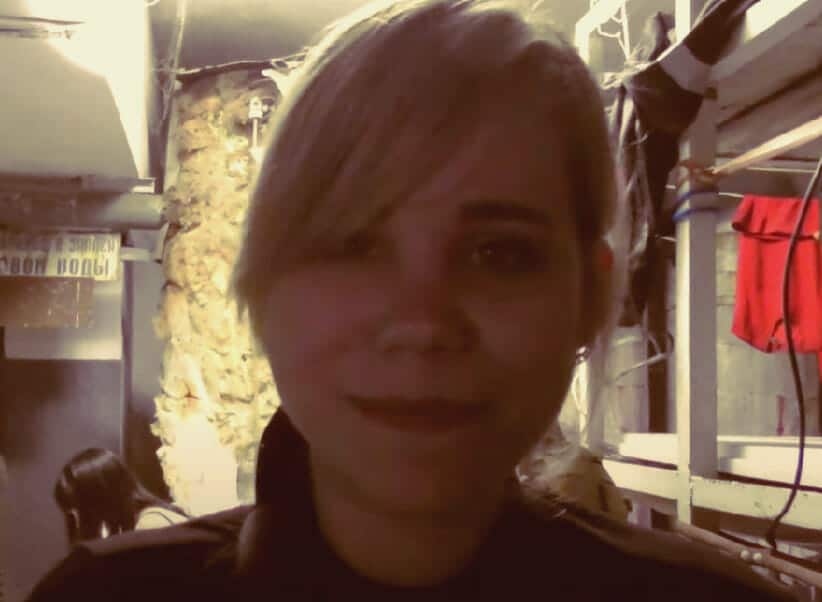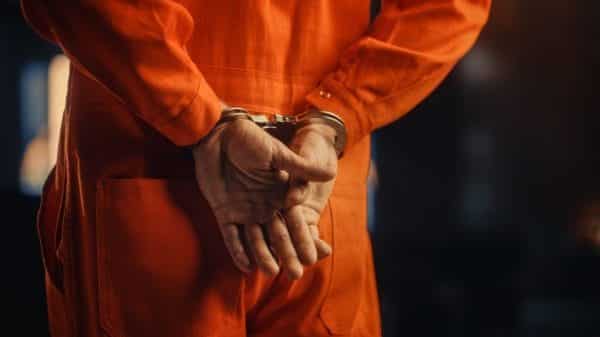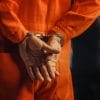On Saturday 20th, Darya Dugina, the daughter of one of Putin’s closest allies, was killed by a car bomb in Moscow. While both speculations and accusations have circled, the perpetrators of the attack have not yet been identified. But why was Dugina killed?
Who is Darya Dugina?
Darya Dugina was a Russian journalist and political activist. Born in 1992, her father, Aleksandr Dugina, is one of Putin’s most prominent advisors and shares many of his views. Aleksandr is sometimes referred to as “Putin’s Rasputin” due to his alleged influence over the Russian President, and their ideologically identical politics. She shared many of her father’s views and had served as his press secretary in recent years.
Darya studied at Moscow State University and got a degree in Ancient Greek Philosophy. After graduating, Darya went into journalism, working for the state-controlled news corporation RT, a Russian-funded media network. Like her father, Darya firmly supported the Russian invasion of Ukraine, which began in February. She also used her platforms to promote pro-Russian propaganda, such as claims that war crimes supposedly committed by the Russian military during the invasion were staged by Ukrainian forces. Her ideological views, as well as her stance as a pro-Russian journalist, may have led to her becoming a target, though many believe that the true target of the bombing was her father, due to his strong influence on the Kremlin.
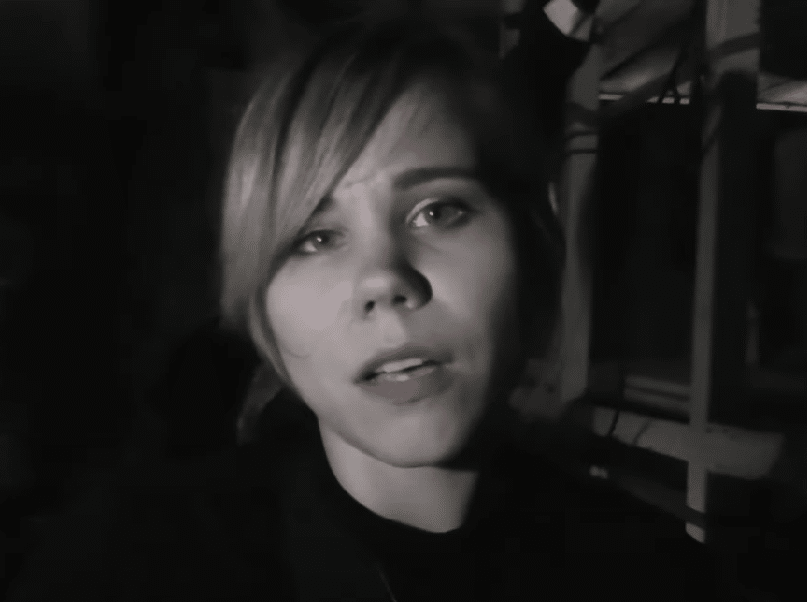
Timeline of the Assassination
Saturday Afternoon
Darya and her father attended a festival named “традиций” (“Tradition” in Russian), a family-friendly festival dedicated to the arts. It is likely that it was around this time that the bomb was planted underneath Aleksandr’s Toyota SUV.
Saturday Evening
Aleksandr gave a lecture at the festival, in which he promoted his nationalistic ideology. Before leaving, Aleksandr claims that his daughter’s last words to him were:
“Father, I feel like a warrior, I feel like a hero. I want to be one, I don’t want any different fate. I want to be with my people, with my country. I want to be on the side of the forces of light. That’s the most important thing.”
After the lecture, Darya and her father left the festival. At the last minute, Aleksandr switched to a different car, leaving Darya to drive the SUV.
Saturday Night
At around 9:30 pm local time, Darya was driving her father’s car when it exploded, killing her instantly. Videos emerged online of the aftermath, which showed the charred and twisted wreck of the SUV. Aleksandr can be seen looking at the flaming car in disbelief.
The Aftermath
Following the bombing, Putin condemned the death of Darya as a “violent, cruel crime”, and described her as a “bright, talented person” with “a real Russian heart”. Darya was also posthumously awarded the Order of Courage, a state decoration recognizing individual acts of valor.
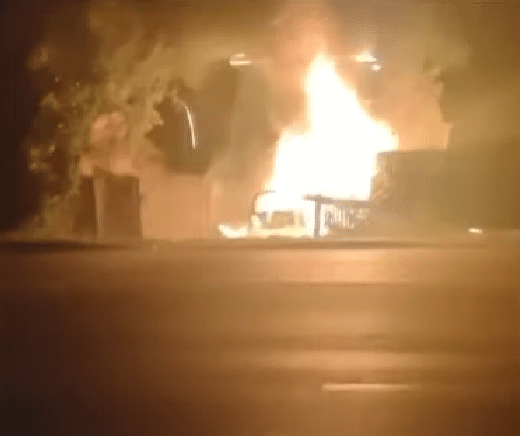
Credit: ABC News/YouTube
Who Was Behind It?
Currently, no organization or country has claimed responsibility for the killing. The Russian Federal Security Service (FSB) accuses the Ukrainian Special Services of the assassination, alleging that they hired a contractor named Natalya Volk to carry out the bombing. Volk has supposedly escaped to Estonia with her 12-year-old daughter following the explosion, though the Estonian government denies any knowledge of this. Mykhailo Podolyak, a Ukrainian official, issued a statement rejecting any accusations that Ukraine took any part in the killing, claiming that they “are not a criminal state, which the Russian Federation is”. A lack of legitimate proof, as well as the insistent denial from the accused parties, makes the FSB’s explanation unlikely. Actually, the fact the FSB are the ones saying it makes it unlikely anyway.
One possible theory is that Putin himself was responsible and that he ordered the FSB to whack Aleksandr as a “False Flag” against the Ukrainian government to gain support for the Russian invasion, similar to the Chechen Bombings back in 2000. On the other hand, one of Putin’s supposedly ‘biggest’ accomplishments during his tenure is his establishment of peace and security in Russia, as compared to the 1990s, when political assassinations and terrorist acts were rampant in the country following the collapse of the USSR. It is unlikely Putin would want to disrupt this narrative, and using a car bomb in Russia’s capital hugely undermines this feat.
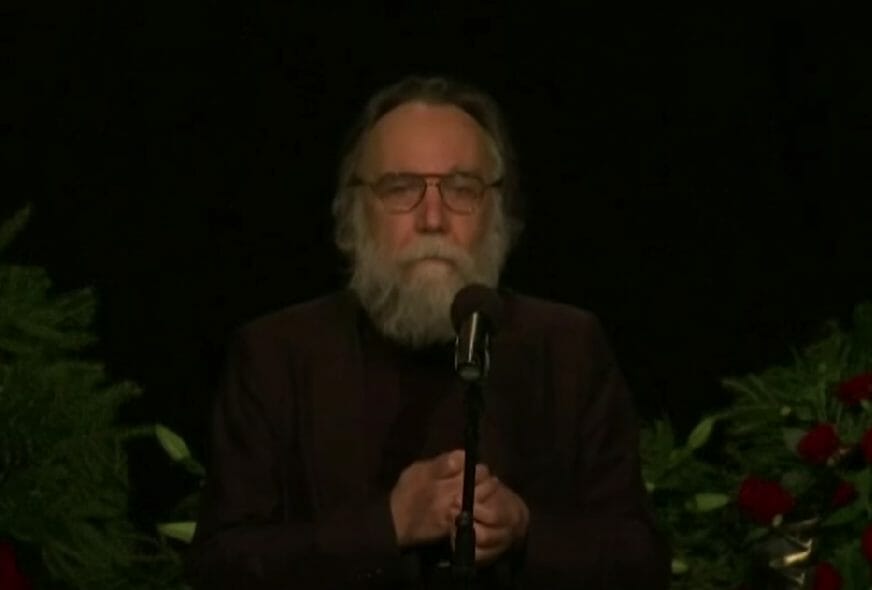
Credit: Global News/YouTube
Though speculation is rampant, Darya’s killers remain unidentified, and her death has brought further anger in her country as the Russian public calls for a swift and decisive victory in Ukraine. For now all that is certain is that the rotting, stinking carcass of democracy in the Eastern hemisphere lays angry and dead again, and it will continue to be joined by Ukrainian and Russian men, women, and children as the bloody conflict between the two countries rack up the body count.


